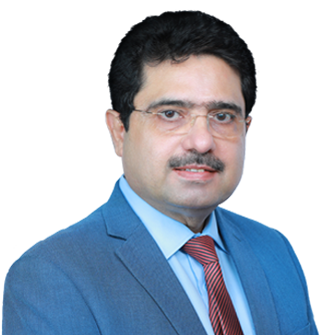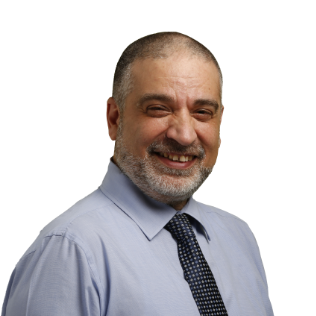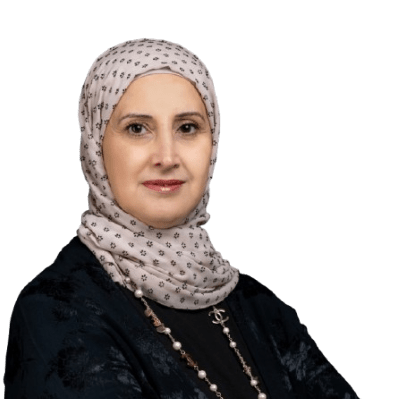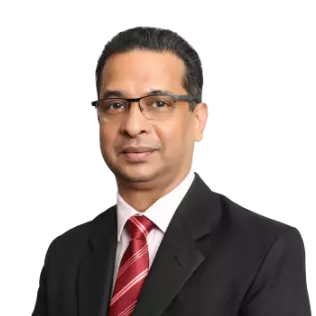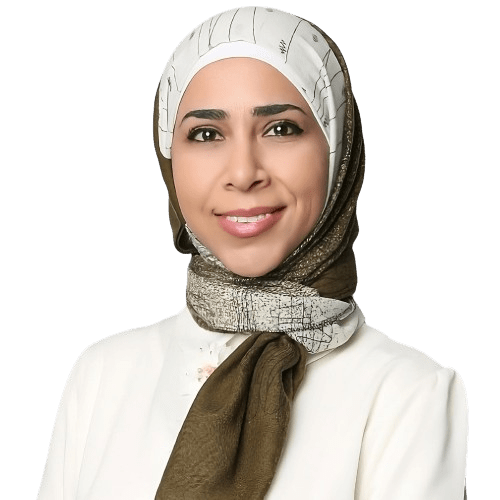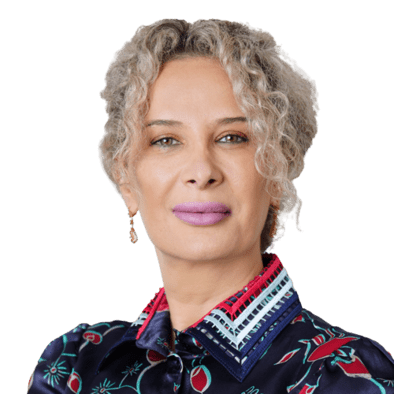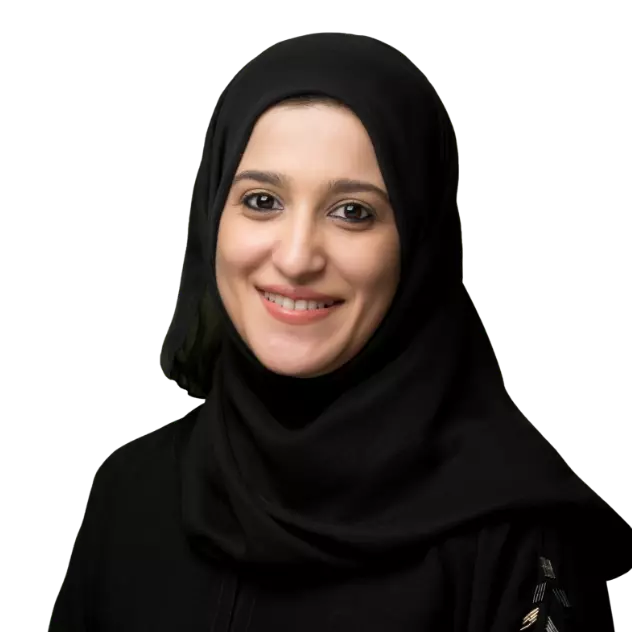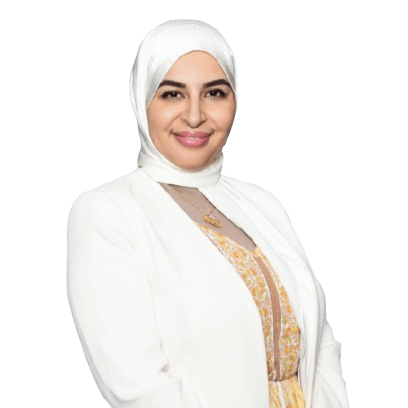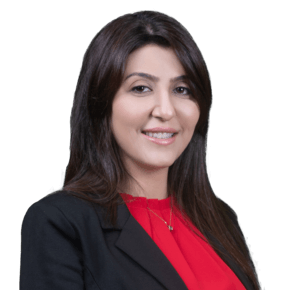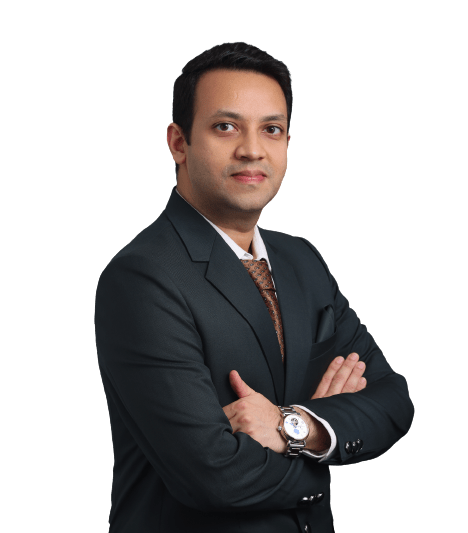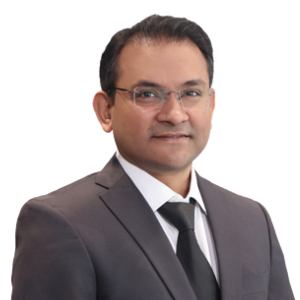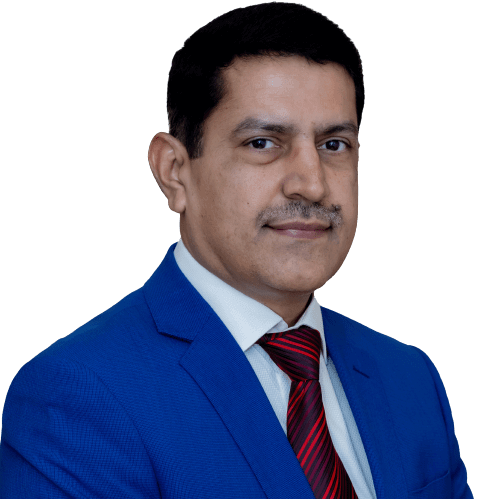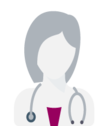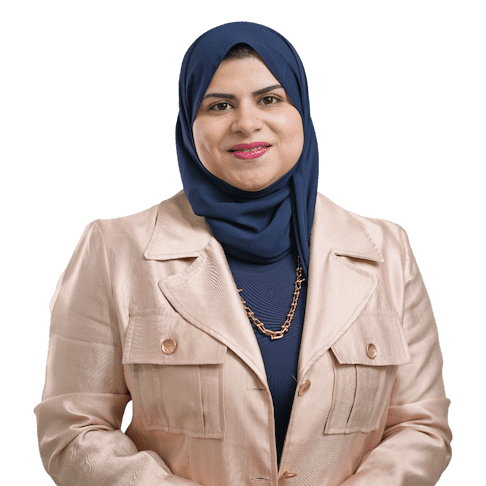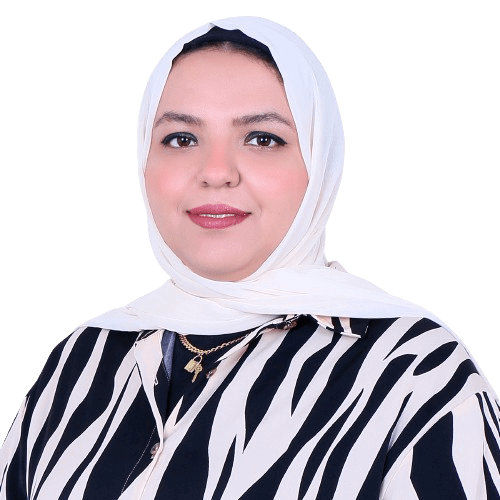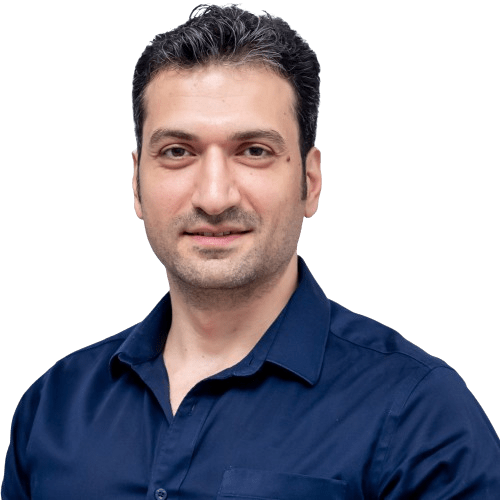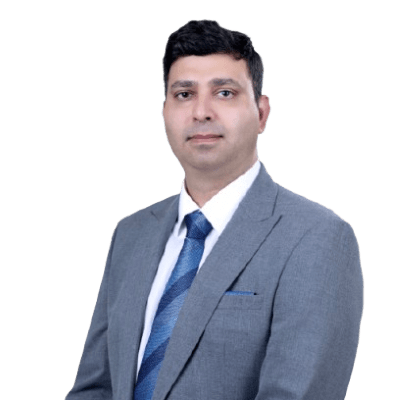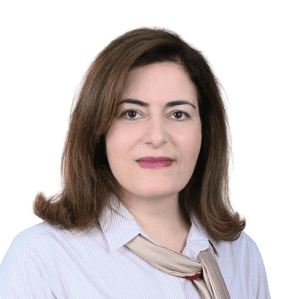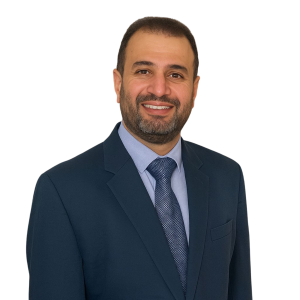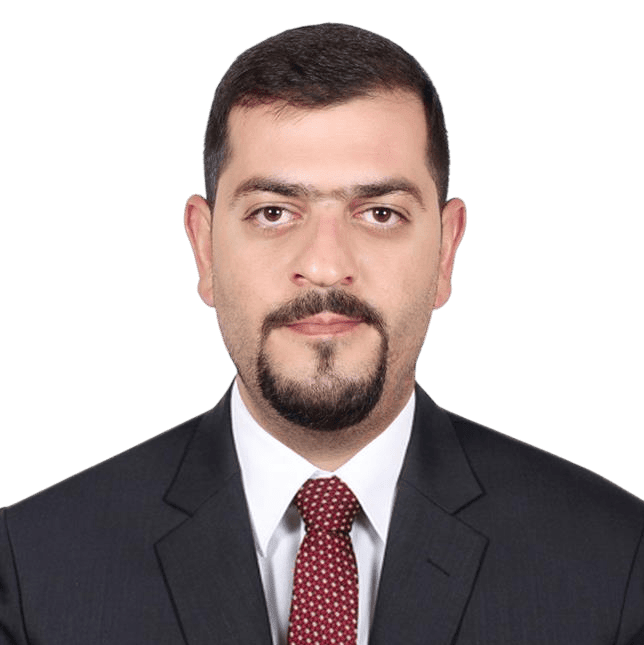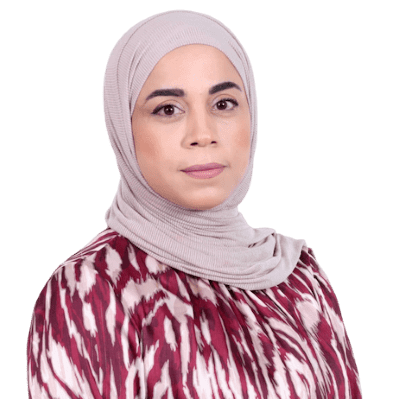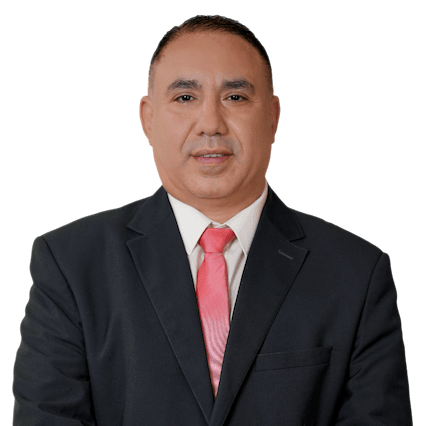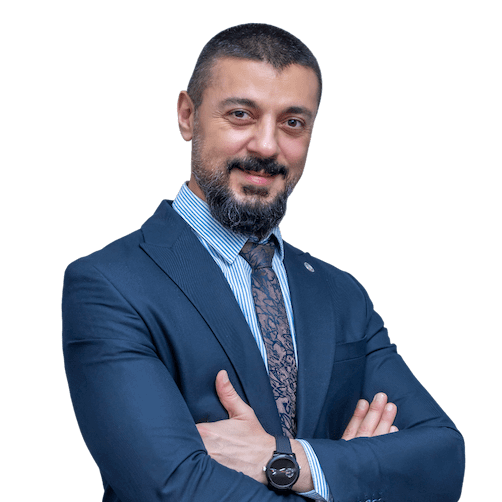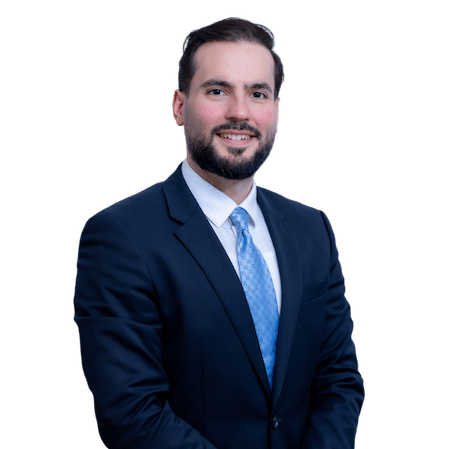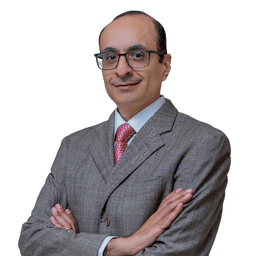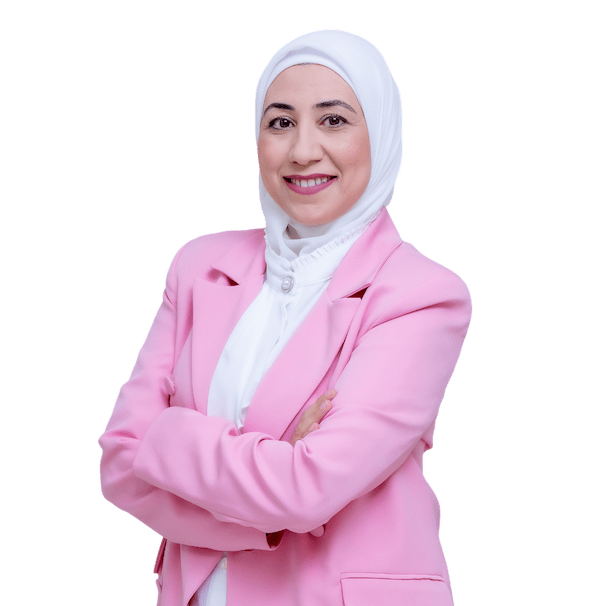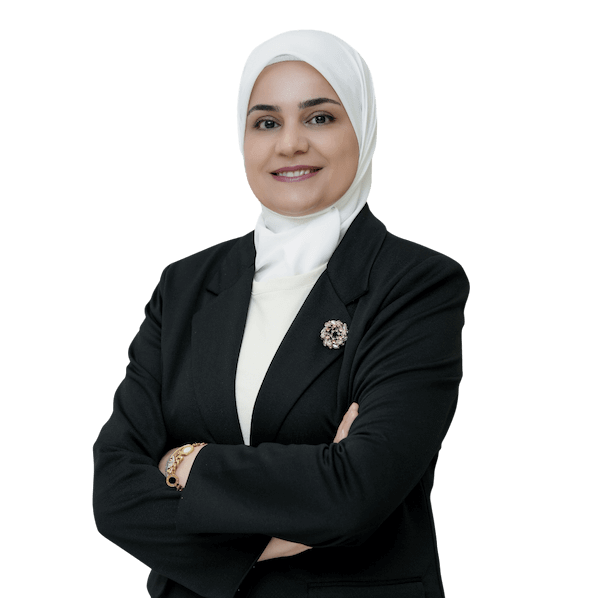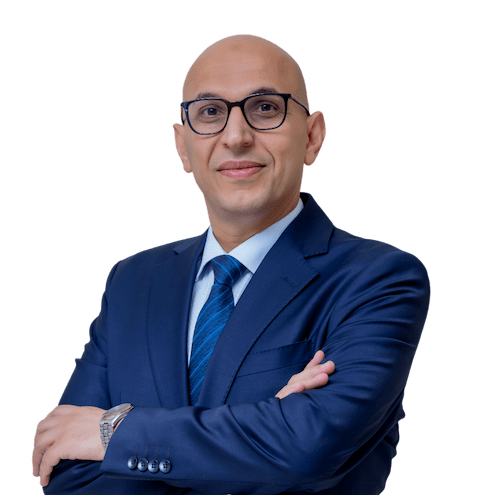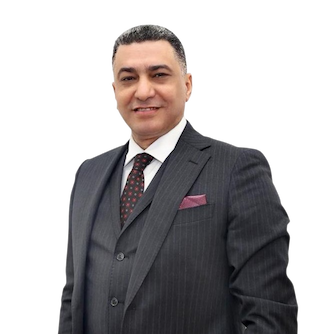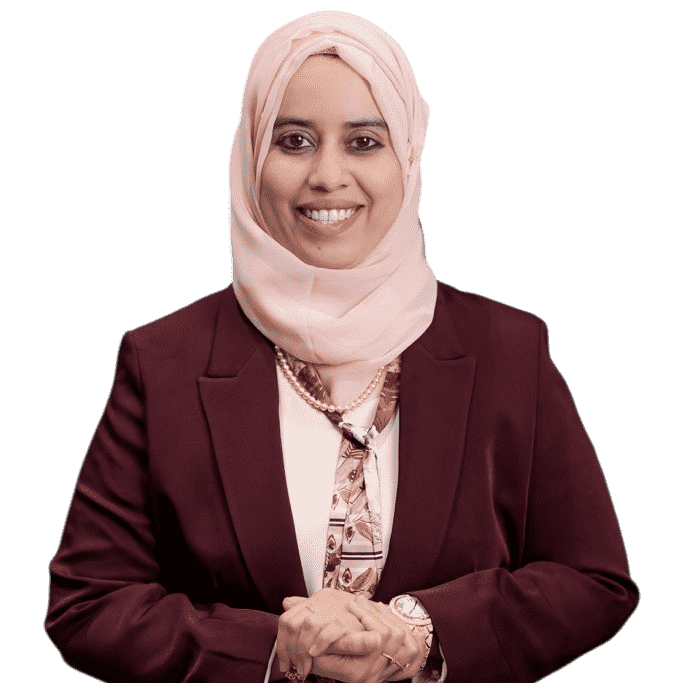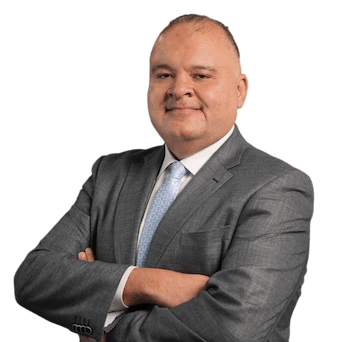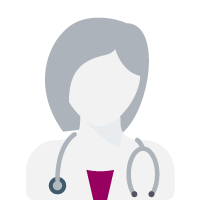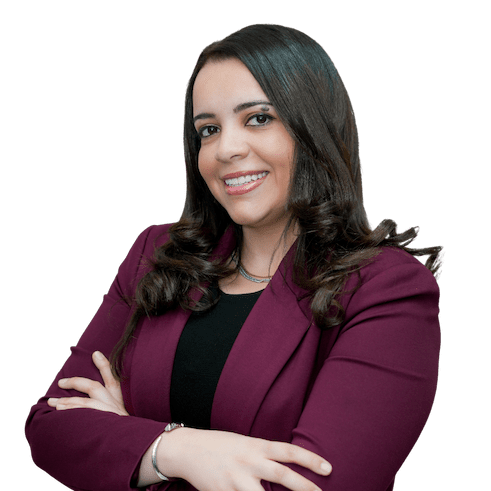Written By: Dr. Safdar Zabeth
Dr. Safdar Zabeth is a General Practitioner with rich experience gathered at various hospitals in the UAE, including Mediclinic, Aster Medical Centres, GMC Clinics, & Jebel Ali Hospital (LIFELINE). Dr. Zabeth is a member of the Hyderabad State Medical Council.
Updated On:December 20, 2023
Read more.

What are Headaches?
By definition, a headache is any pain that emanates from the head or upper neck of the body. Since the brain has no nerves of its own to indicate the sensation of pain, it originates from tissues around the skull or the organ. There are many types of headache – over 150 – and have a range of symptoms, causes, treatments and risk factors.
Types of Headache
It’s reported that there are over 150 different types of headache. They can be classified into two types: Primary and secondary. The difference between them is that the latter occurs as a complication of another medical condition, while the former does not.
Primary headaches are not related to an underlying condition, they tend to be a result of physical and mental strain. Primary headaches can also be hereditary. Secondary headaches the consequence of an underlying health condition. Some of the causes behind a secondary headache can be a chronic condition, head injury, infection, and more.
Primary Headaches:
These types of headaches are not caused by any serious underlying health conditions but occur due to your activities and neurological pain threshold. The causes can be hereditary as well.
Types of Primary Headaches are:
- Tension headaches
- Migraine
- Cluster headaches
- New daily persistent headaches
Secondary Headaches:
Unlike primary headaches, secondary headaches occur as a result of another medical condition, and are caused by underlying health conditions or a disease. These types of headaches tend to aggravate your pain-sensitive nerves.
A few of many types of Secondary Headaches:
- Hypertension
- Tumour
- Infection
- Diseased blood vessels in the brain
- Overdosing medication
- An injury to the head
- Trauma
- Congestion of the sinus
Symptoms for Different Headache Types
Symptoms of Tension Headaches
For tension headaches, which are the most common kind among teenagers and adults, the primary symptom is a mild or moderate dull, aching pain that flares up occasionally.
Symptoms of Migraines
Migraine headaches often come with a consistent throbbing ache that may last hours or even days. Symptoms of migraine headaches include:
- A throbbing pain on one side of your head, which is often accompanied by nausea.
- Flashing lights before the migraine start.
- Extra sensitivity to light.
- Nausea and vomiting.
Symptoms of Cluster Headaches
These are among the most acute and get their name due to their occurrence in groups. Symptoms are:
- A constant or throbbing, piercing or burning pain behind or around an eye.
- On the pain-afflicted side of the face, the eye may redden or tear up, with the pupil shrinking or eyelid drooping.
- Runny nostrils.
Symptoms of Rebound Headaches
These are also known as medication overuse headaches, which occur after you over-consume migraine medication or painkillers while a headache is taking place. Here are their symptoms:
- A dull, ongoing pain that feels similar to a tension headache.
- The pain returning, stronger, after any anti-headache medication you have taken wears off.
Symptoms of Thunderclap Headaches
Thunderclap headaches get their name from the speed at which they strike, as well as the lack of prior warning or signal you’re about to get one. The pain peaks about one minute in, while the headache itself lasts at least five. Here are some potential symptoms of a thunderclap headache:
- A quick, sharp pain in your head that reaches its most intense level after one minute and continues for at least five
- Sensations of numbness or weakness
- Seizures
- Vision changes and confusions
- Difficulty speaking
Symptoms of Chronic Daily Headaches
These occur at least 15 times a month for more than three months. Their duration varies but can last as long as four hours. Here are the four categories of chronic daily headaches:
- Hemicrania continua
- Daily persistent headache
- Chronic migraine
- Chronic tension headache
Symptoms of Injury-Related Headache
If you’ve had a head injury, you may be at risk of developing post-traumatic headaches about two to three days after. While many of these symptoms may improve over the course of a couple of weeks, book an appointment to visit a doctor if the following persist:
- A sensation of vertigo
- A steadily worsening dull ache
- Light-headedness
- Difficulties with concentration
- Problems remembering things
- Easy tiredness
- Irritability
Headache vs Migraine
A migraine is a specific category of primary headache. People tend to think of migraines as the most severe type of headache, though this isn’t always necessarily the case – thunderclap headaches, for example, tend to be far more painful. There are a number of specific symptoms of migraines that don’t occur with other headaches. These migraine symptoms include:
- The attack usually only takes place on one side of the head.
- Aura: Migraines are often accompanied by visual artifacts.
- Extra sensitivity to noise and/or light.
- Nausea or vomiting.
When to See a Doctor for Headaches
If the symptoms of your headache begin to intensify in frequency and severity – particularly when dealing with headaches that began after you sustained any kind of head injury – it’s important to book an appointment to see your doctor as soon as possible. Another red flag is when non-prescription medications fail to improve the symptoms of your headache and if it is interfering with your ability to work, sleep or take part in regular day-to-day life.
Prior to commencing any programme of treatment for migraine or headaches, your doctor will usually ask a series of questions to try and gain a clearer picture of your particular condition. They will generally ask about:
- What was your age when the headaches began, the frequency of your headaches and how long you’ve been having them.
- The parts of your head you feel pain in.
- The causes of your headaches.
- The symptoms you have with each kind of headache (if you suffer from more than one kind of headache).
- Your family history with regards to headaches – particularly parents and siblings.
- Duration of your headaches and what time(s) of the day they tend to occur in.
- About the presence of an aura.
There is a range of diagnostic tests your doctor may order to try and detect underlying conditions that may be causing your headaches and determine whether it is a primary or secondary headache. These tests include urinalysis, CT scans, blood chemistry, MRI, a sinus X-ray, EEGs and eye exams.
What causes Headaches?
It’s not always possible to pinpoint the exact thing that’s causing your headache because it’s not always clear exactly what is activating the pain signals your nerves are carrying to the brain. While illness side effects and stress are often the culprit behind a headache, more recently published studies have identified genes and the environment as causal factors.
Common causes of a Headache:
- Illness: Headaches are a common side effect of colds, infections (especially of the ears or throat) and fevers, particularly if you are experiencing inflammation of the sinus.
- Stress: Both emotional and physical stress may cause headaches – depression, overuse of alcohol, irregular eating patterns, overmedicating, and even neck or back strain due to poor posture may be a cause.
- Genes: Studies indicate that the vast majority of children and teenagers who experience migraines have close family members who have also suffered from the condition. If both parents have had migraines in the past, there is a 70 per cent chance a child will too.
- Environment: Allergies, certain food types, second-hand smoke, pollution, noise, strong-smelling household cleaning products and harsh lighting can all cause headaches.
- Dehydration: Since our brain is made up of 73 per cent water, dehydration can cause it to become smaller, which may cause pain as it moves away from the skull.
- Poor Diet: There are a number of eating habits that can cause headaches, including consuming sugary foods, fasting and missing one or more meals.
Treatments for Headaches
For tension headaches, which are by far the most common, a number of over-the-counter medicines are usually an effective means of treatment.
Some over-the-counter Treatments for Headaches include:
- Paracetamol (Brands such as Panadol)
- Aspirin
- Ibuprofen (the most popular ibuprofen product is Advil)
- Acetaminophen (Tylenol is probably the most renowned brand name making this medication)
For more severe, chronic types of headache, your doctor may recommend one of the following types of treatment or a combination of these:
- Tricyclic antidepressants or other prescription medicines
- Massage therapy
- Acupuncture
- Biofeedback
- Cognitive behavioural therapy
Home Remedies for Headaches
There are a number of home remedies that are effective against headaches. Some are simple changes to your lifestyle, while others involve introducing particular minerals to your diet, cutting out specific food groups or trying various kinds of activities.
Here are some home remedies that have proven effective for many people looking to mitigate the symptoms of their headaches:
- Water: Drink more of this – dehydration has found to be a primary cause of both tension headaches & migraines.
- Supplements: Supplements such as magnesium, vitamin B & Coenzyme Q10 have been proven through various studies to be effective at preventing or alleviating both tension headaches & migraines.
- Essential Oils: Oils including lavender & peppermint, reduce some of the pain associated with tension headaches & migraine when either inhaled or mixed with a cream, such as a moisturiser, & applied to the head.
- Cold Compresses: Cold compresses applied to the neck & head will narrow blood vessels & reduce swelling, which will in turn alleviate headache symptoms.
Risk Factors for Headaches
There are a number of risk factors for headaches, most of which are lifestyle-related, such as eating & sleep habits, tobacco & alcohol use – or environmental. A common risk factor behind headaches in the Middle East is skipping meals. However, genetics have been found to play a role in some types of headache, particularly migraines.
Some factors that put you at risk of developing headaches are:
- Skipping meals.
- Over or under sleeping.
- An event that causes undue stress.
- Tobacco use.
- Anxiety or depression.
- Overusing alcohol.
- Sudden &/or loud noises.
How to Prevent a Headache?
The easiest way to prevent a headache is through careful management of your health & monitoring of triggers – events that immediately precede the onset of your headache.
From a lifestyle perspective, here are some ways to avoid headaches:
- Do not overuse any medications.
- Get enough – but not too much – sleep.
- Avoid missing meals.
- Regularly exercise.
- Try to manage your stress.
- Cut down on caffeine, nicotine & alcohol.
If you are experiencing a persistent headache or your daily life is being affected, consult a specialist at Medcare today.
Meet our doctors from the Internal Medicine department
|
||||||||
|
||||||||
|
||||||||
|
||||||||
|
||||||||
|
||||||||
|
||||||||
|
||||||||
|
||||||||
|
||||||||
|
||||||||
|
||||||||
|
||||||||
|
||||||||
|
||||||||
|
||||||||
|
||||||||
|
||||||||
|
||||||||
|
||||||||
|
||||||||
|
||||||||
|
||||||||
|
||||||||
|
||||||||
|
||||||||
|
||||||||
|
||||||||
|
||||||||
|
||||||||
|
||||||||
|
||||||||
|
||||||||
|
||||||||
|
||||||||
|
||||||||
|
||||||||
|
||||||||
|
||||||||
|
||||||||
|
||||||||
|
||||||||
|
||||||||
|
||||||||
|
||||||||
|
||||||||
|
||||||||
|
||||||||
|
||||||||
|
||||||||
|
||||||||
|
||||||||
|
||||||||
|
||||||||
|
||||||||
|
||||||||
Similar Posts
teleMEDCARE App
Download teleMEDCARE app from Google Play or App Store to connect immediately to Medcare doctors at a click of a button and without an appointment.

Home Services
We offer our patients a broad range of home health care services in the comfort of their own homes. Book an appointment for lab tests, vaccinations, nurses and physiotherapists.

Chronic Care
Know more about our Chronic Care Management Programme in partnership with Damana Saicohealth.

teleMEDCARE App mobile
Download teleMEDCARE app from Google Play or App Store to connect immediately to Medcare doctors at a click of a button and without an appointment.

Home Services
We offer our patients a broad range of home health care services in the comfort of their own homes. Book an appointment for lab tests, vaccinations, nurses and physiotherapists.

Spotii
We have partnered with Spotii to offer a more flexible way to pay - Pay over time for your purchase. No interest, no cost & no catch.

